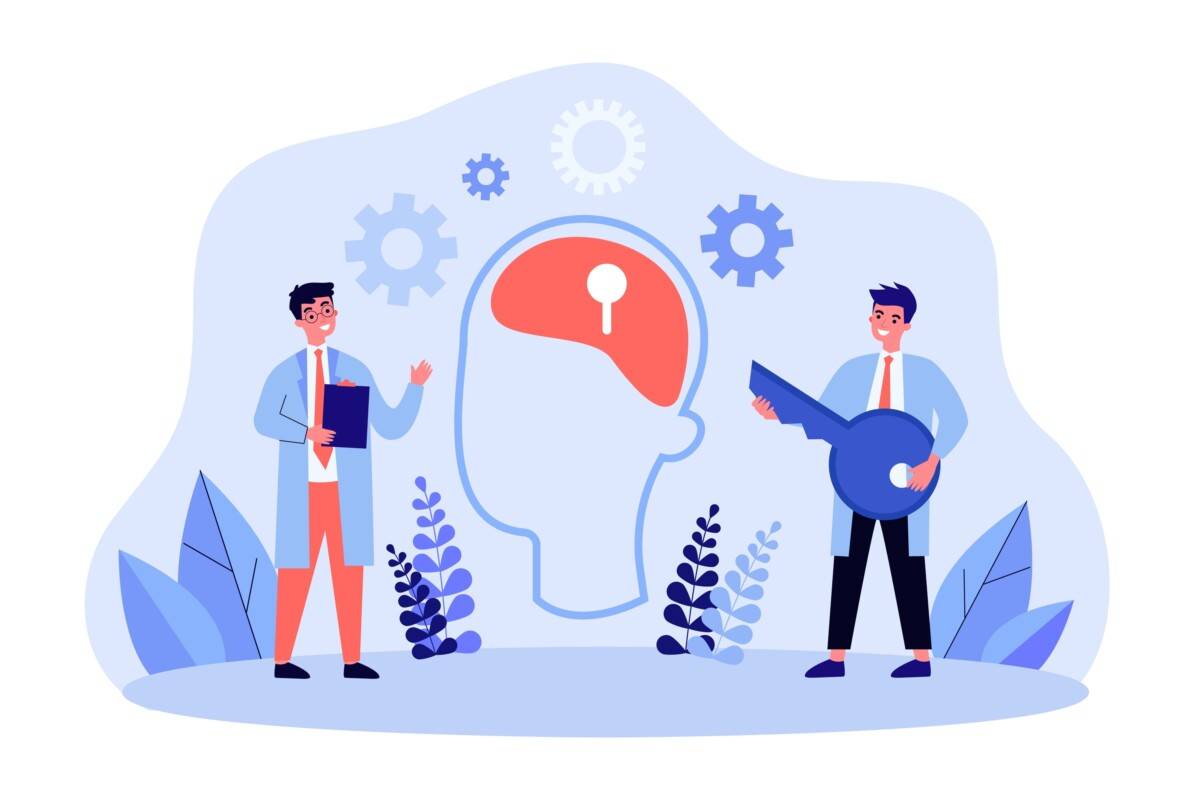Beyond the Lock: The Psychology Behind Escape Rooms

Escape rooms, a global phenomenon captivating thrill-seekers and puzzle enthusiasts, have gained immense popularity as a fun and stimulating way to spend time with friends. These immersive experiences involve being locked in a room and collaborating with others to solve a series of puzzles within a set time limit of 60 minutes.
The intriguing aspect lies in the psychological allure that makes escape adventures successful, as participants, whether family, friends, colleagues, or strangers, find themselves immersed in a shared challenge that transforms the seemingly non-life-threatening situation into an adrenaline-fueled race against the clock.
Beyond the excitement, escape rooms offer cognitive stimulation, providing real benefits that leave participants feeling invigorated. The global rise of the escape room phenomenon begs the question: why willingly subject oneself to the confines of a room, needing to solve puzzles within a tight timeframe for the sweet taste of freedom?

The Thrill of Problem-Solving
At the heart of every successful escape adventure lies the joy of problem-solving. Participants are thrust into an environment where decoding clues, solving puzzles, and unraveling mysteries are the keys to progress. This taps into our cognitive functions, promoting critical thinking, creativity, and teamwork. The satisfaction derived from overcoming challenges contributes significantly to the overall positive experience.
Team Dynamics in Action
Escape rooms are inherently designed to be team-centric. The puzzles and challenges often require collaboration, communication, and teamwork. The shared experience fosters a sense of camaraderie among participants. The success of the team depends not only on individual contributions but on how well the group can work together under pressure, mirroring real-world scenarios.
Immersive Storytelling
Successful escape rooms master the art of storytelling. The narrative woven into the experience adds depth and purpose to the challenges. Participants find themselves not merely solving puzzles but actively participating in a compelling story. The emotional investment enhances the overall impact of the adventure, making it a memorable and immersive journey.
The Impact of Time Pressure
Escape rooms are synonymous with time pressure. The ticking clock adds an element of urgency, heightening participants’ focus and intensity. This time constraint mimics real-life situations where quick thinking and decisive actions are essential. The psychological impact of time pressure contributes to the adrenaline rush and heightened sense of accomplishment upon successful completion.
The Element of Surprise
In successful escape adventures, unpredictability is a virtue. The unexpected twists and turns keep participants on their toes, preventing predictability and maintaining a sense of excitement. The element of surprise stimulates curiosity and encourages participants to stay engaged, eagerly anticipating what comes next.


